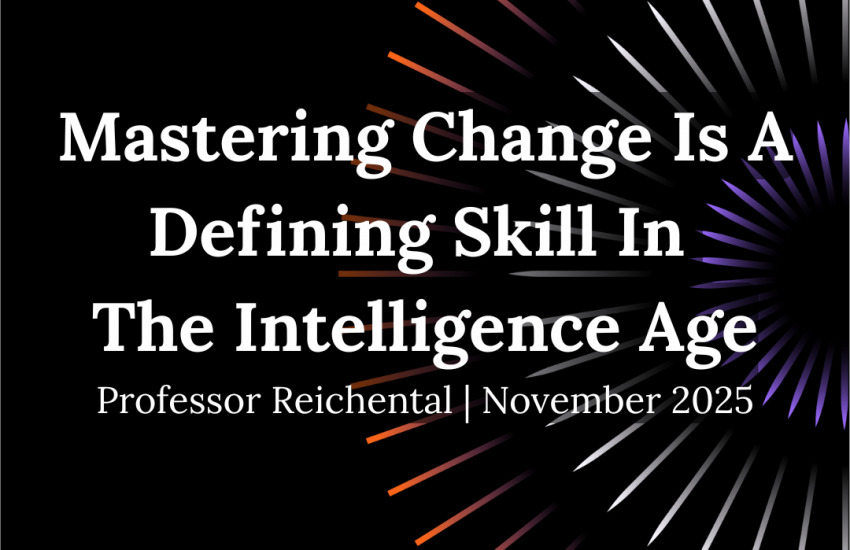Open Government in a Digital Age
The following essay was submitted to the Alliance for Innovation by Jonathan Reichental (Chief Information Officer of the City of Palo Alto) and Sheila Tucker (Assistant to the City Manager) as part of the 2013 Transforming Local Government Conference. The essay summarizes work done at the City that resulted in the Thomas H. Muehlenback Award for Excellent in Local Government.
Open Government in a Digital Age
Government is in a period of extraordinary change. Demographics are shifting. Fiscal constraints continue to challenge service delivery. Communities are becoming more disconnected with one another and their governments, and participation in civic affairs is rapidly declining. Adding to the complexities, technology is rapidly changing the way cities provide services, and conduct outreach and civic engagement. Citizens increasingly expect to engage with their government in much the same way they pay bills online or find directions using their smartphone where communication is interactive and instantaneous. The role of government of course is more complicated than simply improving transactions.
To help navigate these challenges, the City of Palo Alto has focused its effort on new ways of thinking and acting by leveraging our demographic base, wealth of intellectual talent and entrepreneurial spirit to engage our community in innovative problem solving. The City’s historic advantages in innovative leadership create a compelling context to push the possibilities of technology to solve civic challenges.
This case study examines how Palo Alto is positioning itself to maximize the use of technology to build a leading Digital City and make local government more inclusive, transparent and engage a broader base of its community in civic affairs.
At a conceptual level, a digital city is a community where stakeholders (government, residents, businesses, and visitors) have multiple means of easily connecting and collaborating using Internet-based technologies. Data and information freely flows between all parties. The desired result is increased engagement, greater efficiency, more opportunities for public-private partnerships, and potentially lower cost services.
The City is making an ambitious push to use and experiment with many different forms of contemporary technology. These include social networks, micro-blogging services, mobile applications, e-services, participatory forums, and an engaging Web presence. Most recently, the City deployed a platform that makes data that City departments collect and store more easily available to the public. The ease in which this data can be consumed by both community members and computer applications is reflected in its name: Open Data.
Throughout the world, governments are making collections of public data more easily available and consumable on the Web. The type of data is varied and includes information about where taxpayer money is being spent and statistics on just about every aspect of government. This openness has enabled citizens to have greater visibility into the workings of their local, state, and federal agencies.
In August 2012, the City launched its own Open Data platform (http://data.cityofpaloalto.org) so that the City could make our local government more inclusive, transparent and provide more connectivity to the community. Our City Open Data platform enables City staff to post valuable, non-private datasets online in a highly usable format that allows our community to explore and work with the data. Among the uses include the ability for software engineers to build innovative applications for use by our community and also for website visitors to delve into the data to find answers to their questions.
This platform provides information through data in demographic, geospatial, and economic form. The site is constantly being updated with new data sets. To advocate and support new ways to use City financial information, in September 2012, the City added a new open budget tool (http://data.cityofpaloalto.org/openbudget). Palo Alto’s Open Budget tool provides easy, graphically-based views of five years of City’s financial information. Rich interactivity enables a leap forward from the current static budget document files posted online. Using a filtering menu, users can manipulate the data and create charts of exactly the slice of financial information most useful to them. Customizable views can be exported as a graphic file for use in presentations and documents. Additionally, all views can be exported in a spreadsheet format so that further analysis can be performed on the data or it can be used to power new, independently created applications. Open Budget makes City financial data more understandable, accessible and valuable for a wide range of stakeholders.
Most recently, the City launched an open permit data set. The open permit data set allows public review of permit data. The data is refreshed daily. A once static set, the new platform continues the City’s commitment to transparency and is designed to engage developers and innovative thinkers to explore and share this valuable public data. This set makes data more readily available for civic innovators and application developers and enhances greater connectivity to the community.
Lessons Learned
Deploying and experimenting with a wide variety of technologies to engage community does not come without its fair share of challenges. However, the City’s early work to use open data to begin to build a digital city has had overwhelmingly positive outcomes. Civic engagement today requires more creative approaches to engender a broader base of constituents. Cities must examine how to leverage the collective expertise, talents, and unique strengths of their communities to solve problems, improve government and create stronger citizens.
Open data broadens the base of democracy and promotes efficiency and effectiveness in government by: involving communities in their government; promoting a shared responsibility for building strong, healthy communities; increasing government accountability; driving improved public services, and; feeding innovation and growth. While open data provides the elements that can be combined to inform the understanding of new problems in new ways, it is important to consider that: data analysis is only as good as the data; privacy issues should be considered at the forefront prior to the release of data, and; there are marginal costs to collect, manage, update and optimize data, and for communities to participate.
While the future can appear to have intractable characteristics, leveraging our city human capital assets in this new era of emergent civic innovation is helping Palo Alto to chart a new course. In Palo Alto’s example, making data more easily available is encouraging application development; and collaboration and trust‐building between government and community. Building strong, healthy communities today requires greater shared responsibility between community members and cities. The emergence of compelling civic technology can offer a platform for this collaboration to more readily occur.

